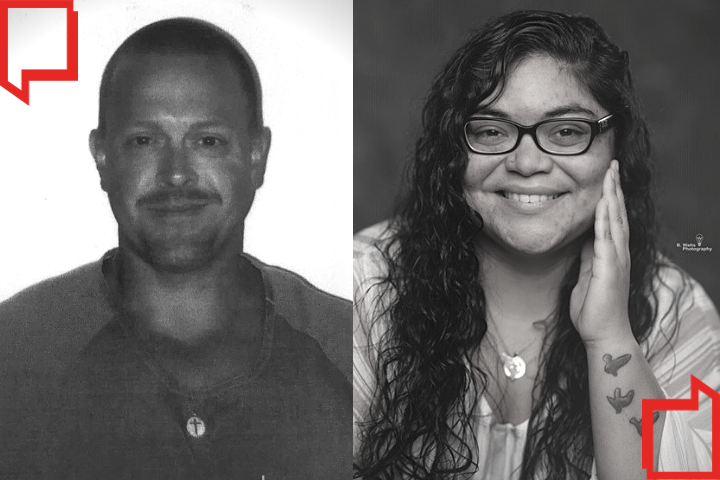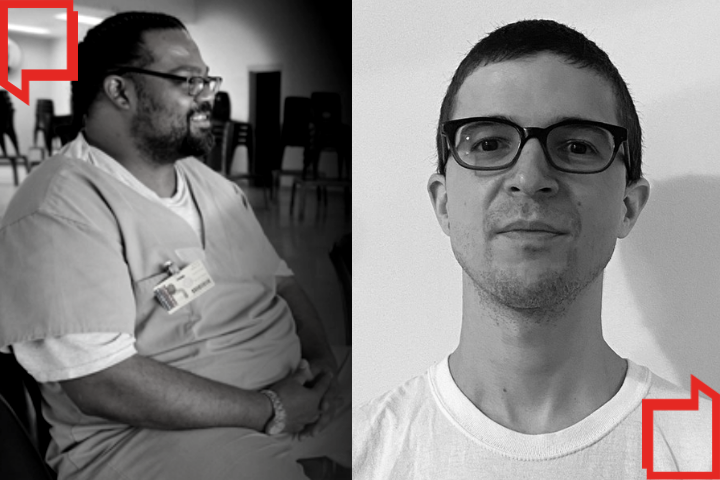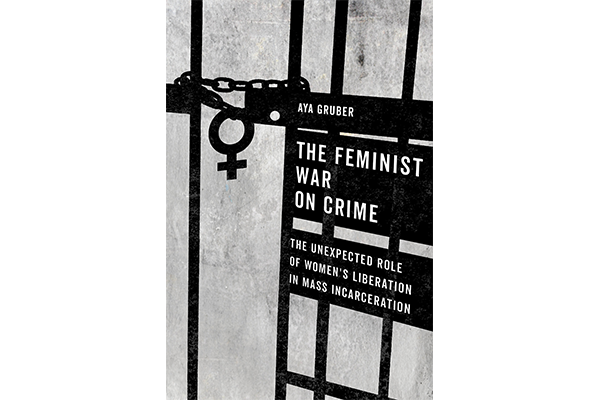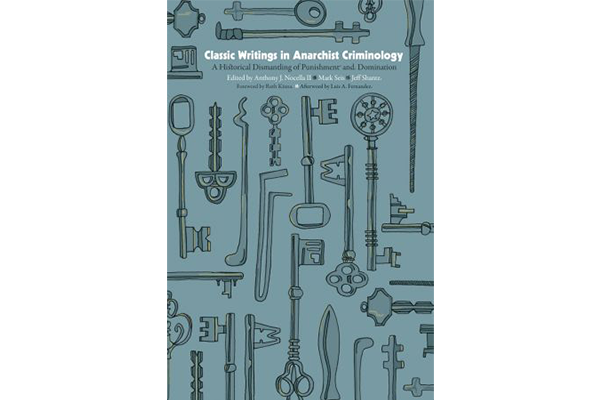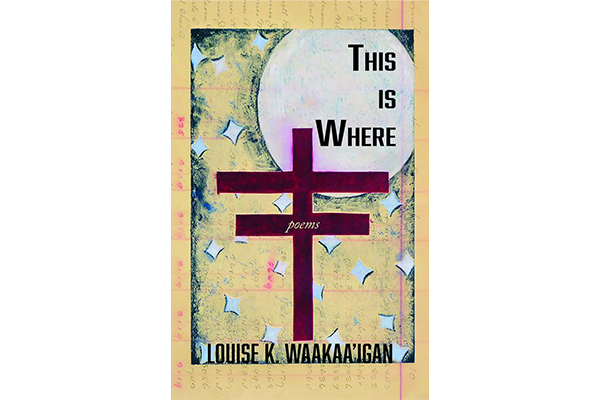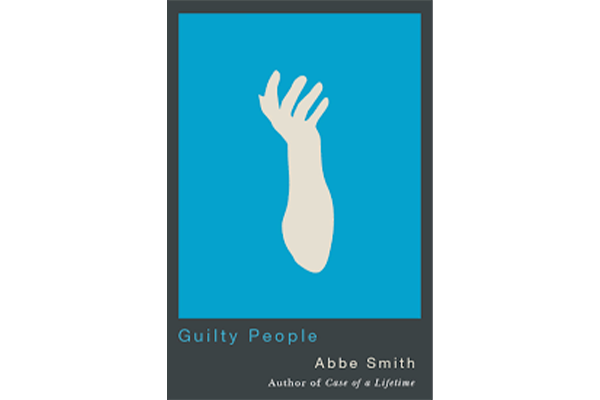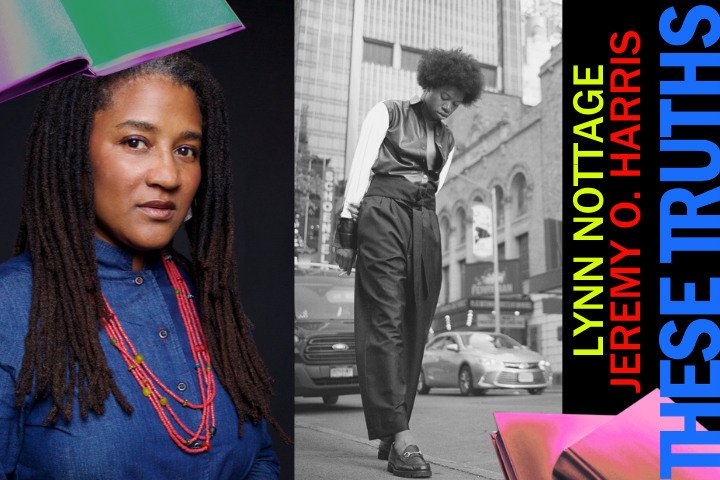Jeffrey Chapman was awarded honorable mention in Memoir in the 2020 Prison Writing Contest.
Every year, hundreds of imprisoned people from around the country submit poetry, fiction, nonfiction, and dramatic works to PEN America’s Prison Writing Contest, one of the few outlets of free expression for the country’s incarcerated population.
This piece is also featured in Breathe Into the Ground, the 2020 Prison Writing Awards Anthology.
PET CEMETERY
My cousins, Craig and Brian and I will literally go fishing every weekend of the year when there isn’t snow on the ground. Last night we spent the night at Brian’s house and watched a Walt Disney special about an aboriginal boy who performed the “Walkabout” in order to become a man; and so now we look at our own weekly trip with a new vision.
Our “Walkabout” begins with me leaving the house early every Saturday morning to walk about five miles to Craig’s house; where he grabs his own fishing rod and we then walk another two miles to Brian’s house, which is on the very outskirts of town, and for all intents and purposes is the last human outpost. His house sits at the end of the block, and from there the paved street turns into a dirt road, twisting and winding, and lined with Oak trees; and we begin our hike thru it, excited and noisy, but at the same time alert and watchful, because one time we were walking thru this very same area and we heard a noise about twenty yards off the road. When we stopped and focused on the direction from where it came, we heard leaves and branches being smashed about, and then spotted what was an unrecognizable ball of black-n yellow commotion on the ground. Approaching it carefully we came upon what turned out to be a mass of Garter snakes; a bunch of males writhing and twisting and fighting with one another; all seeking to be the one to successfully mate with a female, who was somewhere in the heap just trying to survive, I’d imagine. The snakes didn’t become aware of us until we’d all been standing there for a minute or so—and then they tried to make a break for it. But we caught all of them, I think, though we only kept them for an hour or so before releasing them.
At some point the dirt road comes within sight of the highway that takes you over to North Muskegon, which is an exclusively all-white town; and so we’ll walk over, climb the five-foot chain-link fence, then dodge traffic while crossing the lanes and try not to think of the people in the cars as angry, vengeful drivers. A lot of times when we’re walking along the side of the highway, either on our way to the Hot-Water Hole or back from it, people will drive by and scream all sorts of racist things at us—and one time a pickup truck with a bunch of white guys in the flatbed drove by and they threw beer bottles and cans at us. One of the cans, half full, struck Craig. It didn’t hurt him—just drenched him in beer—and we stood there and watched the truck drive off into the distance, the guys in the flatbed laughing and slapping each other on the back over what they’d done—while young boys on the verge of becoming men that we were, we simply looked at one another, shook our heads in disappointment at the crude, Cro-Magnon-like behavior we’d just been witness to, and resumed our walk.
Having crossed over onto the other side of the highway, we walk still further away from the thoroughfare, and come across a set of train tracks that we follow for the next mile or so; the three of us running between empty boxcars and peeping inside the ones with open doors; hoping to find some evidence of the Hobos that we always see in movies. At one point the tracks traverse a small river that winds inland from Muskegon Lake. The bridge used by the tracks is both wood and metal, and about two hundred yards in length; ancient, rusty metal; and we constantly wonder aloud how any train could cross without the whole thing collapsing and falling into the water; and every time we do cross, we first stand and gaze long and hard back the way we’ve come; anxious to make sure that a Eurostar freightliner doesn’t suddenly appear out of nowhere while we’re in the middle of our crossing and force us to run for our lives. While navigating the bridge we can also see, down in the reeds that line the riverbank, the form of what looks to be a swan lying oddly still. But we’ve seen it before, and so we only gaze at it for a moment, then proceed onward.
Once across, it’s just a few short minutes before we’re standing on the shores of the hot water discharge behind the power plant that flows out to the lake—but our time spent there fishing is a whole ‘nother story, in and of itself, and is meant for another day. What I’d like to tell you about right now is the journey to and from the “Hot-Water Hole.”
After having spent four, five, maybe even as many as six hours fishing, we finally notice that the sun is beginning to decline and remember that we have a lot of walking to do in order to make it home before dark. Back the way we came, only this time we’re three starved, thirsty young boys, who were so excited to be going fishing that, week after week, we never ever think to pack along a lunch or even bottles of water. And so this time when we once again reach the river, before crossing we go down to the bank where a lone, rusty pipe mysteriously juts out from the earth. From its end pours a small steady stream of water that looks clear to the eye, and in the beginning for many weeks prior we’d speculated as to “from where” that water might be coming; ignoring the sight of the power-plant and its huge towers looming in the near distance all the while. And every week, with a thirst intolerable telling us that we’d die before ever making it back to Brian’s, we would try to justify ourselves drinking from it. “The river’s polluted—but this water’s coming out of a pipe, so it must be clean….” And with a child’s impractical sense of rationalization we would at last drink—first tentatively—then fearlessly and recklessly; our minds too young to envision the harmful chemicals that were doubtlessly spilling out and further contaminating the river, and now our bodies.
Finished with slaking our thirst, we walk a few yards over to look at the Swan we’d previously seen lying amongst the reeds from the bridge. What had looked in the distance to be a magnificent creature—we now see up close is the badly deteriorated figure of a bird with an arrow penetrating its neck. The body is now merely a skeleton covered with feathers, hollowed out by the insects that’d discovered it first, but we always stand for a moment anyway and pay our respects to this once-noble creature, who, in spite of the terrible agony that it must have felt, nevertheless refused to fall; insisted upon flying; and so, deprived some cruel, so-called hunter of his prize. We then cross the river, but rather than follow the same train tracks from whence we’d come, we instead suddenly turn off into a heavy, thick bramble of bushes that appear impenetrable to the eye—and enter then upon our secret world:
The dense foliage tries to bind our stepping for just a few yards, and then we step into a small clearing, maybe fifty square feet in size. A thick fence of bushes, somewhere around twelve feet in height, surround the area, and their effect is that of silence… exceedingly, stifling-ly, suffocating-ly dreamworld-like silence; and the occasional roar of a car from the distant highway sounds exactly like that of some jungle creature, and the steadily declining Sun and the reach of its light seem to be allowed only across the tops. The small clearing is surprisingly bare: only a few weird-looking plants managing to stand upright and the ground is a strange brand of black, and is smoothly matted, soft and spongy. A flash of movement catches the eye and we turn to watch as a huge, ghostly-grey Cottontail the size of a Fox Terrier hops into view, pauses to stare at us, then pulls loose a weed and begins to nibble on it without giving us a second glance nor a thought to running away. Birds suddenly begin to appear, and do so in a way that suggests that they were simply returning after having first been startled away by our arrival. While Craig and Brian begin to explore excitedly amongst the bushes, I remain where I stand, and in five minutes time I see a Mockingbird, a Rose-Breasted Grosbeak, and a Mourning Dove; far more of an exotic variety than the Sparrows, Starlings and Blue Jays that populate my neighborhood. The weird sponge-like feel of the ground is constantly pulling my attention away, though, and then it’s time for us to leave as our sunlight suddenly dims another shade; and as we penetrate the backwall of the bushes a building suddenly appears mere feet away: Perfectly round, perfectly circular, and made entirely of bricks with a very low and flat roof; the building wears a plaque stating that its construction back in 1934 was in honor of Henry J. Hackley. Alongside the plaque is a smaller metal sign identifying the building as the Town’s sewage treatment plant-now defunct. Reading it time after time, I’ll then pause and look back at the strangely-composited ground and wonder.
We cross the highway again, only now it’s about a mile farther down from where we originally crossed, and the dirt road that winds back to Brian’s house appears there at this particular spot almost as if it’s a side street. We enter it, but this time our walk is a quiet and somber one; the road is lined now with small trees of a type unknown to me. Leafy and straight, but very, very thin, and no more than fifteen feet in height. Leaves carpet the ground like a thick Plush, but still, you can see… every ten or twenty yards, on either side of the road, you can see ‘em: the bodies of dogs.
Everywhere.
Dead dogs everywhere. Maybe fifteen or twenty of ’em in all. Poor unfortunate creatures that’d obviously attempted to cross the highway—only to then be struck by a car. Somehow managing to run or crawl or drag themselves off of the highway; each of them had then somehow made it into the security of the trees with their thick blankets of leaves, where they’d then lain down and set about the process of dying. And just like the Swan, each dog that you see is a hollowed-out casing of dried skin and dead fur, with patches of bone showing thru in places. But amazingly, each one lies there with what was once its head resting on its paws—just like any ordinary dog would do—and in spite of their ghastly appearance, even still, I can’t help but to go over to each fallen figure, the tears welling up and overflowing my eyes, and to reach down without fear and give the remains of every dog one last pat on the head. I’ll crouch there beside each one of them, unable to stop myself from imagining the pain and suffering, the agony that each of these poor animals must’ve endured; seeing each one of them lying there, bruised and bloodied, whimpering and crying in misery, and wondering in its own way: “What has happened to me? And where is my Master? Where is my Human? Where is he now when I so badly need the reassuring touch of his hand?”, and that’s when I’ll begin to cry. Every time. I cry loud and hard, and my body heaves along with my tears. And Craig and Brian stand there with me, their hands on my shoulders, saying nothing; and sometimes Brian cries too.
And then we trudge our way back up the last stretch of the road, and when we get to Brian’s house we all suddenly feel the need to hug his dog Queenie extra hard, and tell her we love her so much. Then we say goodbye, and Craig and I walk to his house, where we both hug the neighbor’s dog extra hard too. And then I walk home, arriving with the darkness, and I don’t have a dog because my Mom won’t allow it; and sometimes I have fish to clean and it takes an hour or so, but sometimes I don’t, and so I’ll put away my fishing tackle, then go sit in the bathtub until the hot water turns cold.

